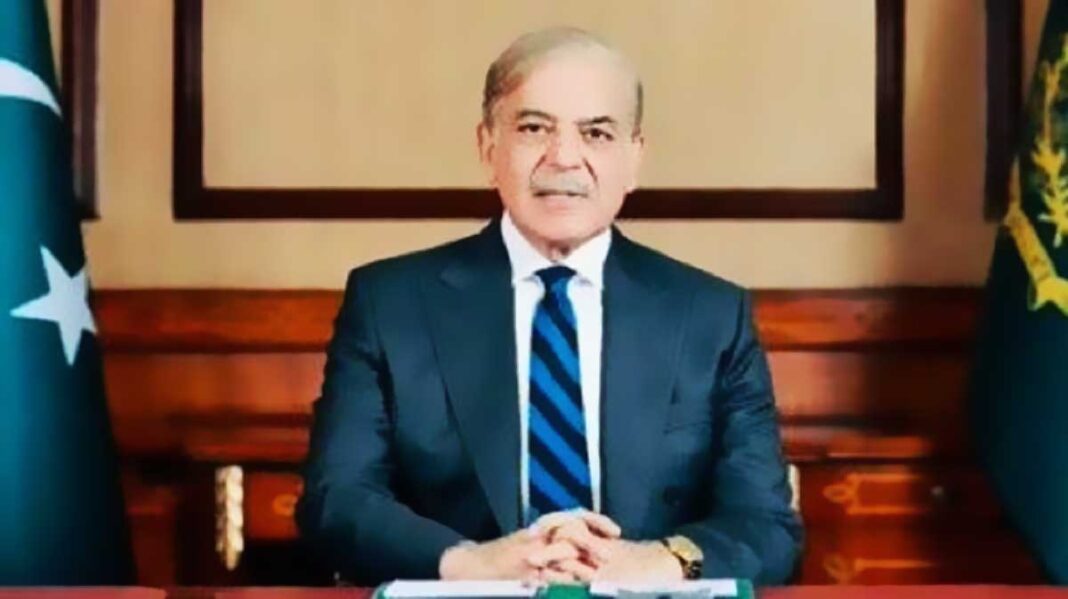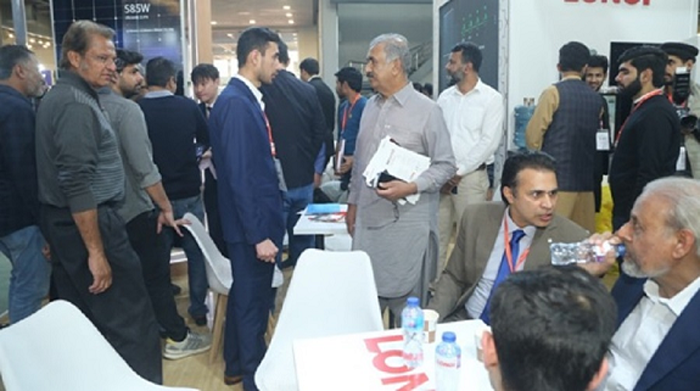No one can disagree with Prime Minister of Pakistan that country is facing grave financial difficulties besides facing tough conditionality’s of IMF just to get dollars 1.1 billion loan. Tough conditions of IMF mean more burden on poor people with more taxes who are otherwise facing hardships due to ever rising prices of consumer goods on daily basis. Increase in imports is further adding towards trade deficit and decrease in exports. Running countries on loans has always some price and is dangerous because it forces the government to succumb to pressures that may affect our sovereignty. Since it is national issue therefore collective wisdom must prevail that at present is missing. Our politicians have no other option except to put their own house in order at highest priority to avoid further damage to frail economy. There are certain steps that require no funding and special budget provisions if adopted country can overcome 50% crisis. No Protocol except given in the blue book, withdrawal of all extra cars from all government functionaries, withdrawal of all unauthorized facilities from retired people of all categories,
withdrawal of servants cooks from retired and serving functionaries not entitled, no official functions to be held in hotels, all those items manufactured in Pakistan its import should be banned, total ban on import of luxury items, no government servant including corporation heads be paid salary more than one million, those re employed either get pension or salary, all government officers, ministers, special assistants, corporation heads to use 1300CC cars and ban on foreign travel.
Another question that agitate our mind is how to improve economy. First we must identify reasons of economic collapse, having identified we reach to one conclusion that Pakistan’s economy requires a multi-faceted approach, encompassing fiscal management, investment promotion, export diversification, human capital development, infrastructure investment, agricultural reforms, financial sector reforms, and institutional reforms and plug holes to increase the revenue by controlling smuggling through land sea and air routes. To lower inflation, the budget deficit, and the national debt, the government should implement responsible fiscal and monetary policies.
Moreover, the low growth rates, high levels of debt, inflation, low productivity, and large scale unemployment closure of industries due to high cost of doing business and higher interest rate have contributed making rich more richer and created widespread poverty and slow development in Pakistan.
Our fiscal deficit on day one of compiling the federal budget is around PKR 7.5 trillion. With the FBR revenue of PKR 9.4 trillion and total resources of approximately PKR 12.4 trillion, just two expenses of PKR 7.3 trillion of debt repayment and nearly PKR 5.4 trillion of NFC take away the entire resource.
It is noteworthy to mention that the debt servicing budget for the next financial year might be in excess of PKR 9 trillion. The high level of grants/subsidies, defense expenditure, pay & pensions, cost of running the government and PSDP (public sector development programmer) are all financed through additional unproductive debt, and the debt trap including the circular debt remains unmanaged. As reported on external front, the outstanding payables in FY 2024 amount to approximately USD 24.6 billion; Pakistan has already paid USD 5.4 billion, USD 12.4 billion is expected to be rolled over, while USD 6.8 billion is to be paid during the remaining period, external debt liability for the next year is expected to exceed USD 25 billion.
This repayment timeline coincides with the expiry of the USD 3 billion of IMF programmer on 30th of March. After the IMF approval we have to approach friendly countries in form of debt rollovers or the investments promised through SIFC (special investment facilitation council) forum. SIFC shall face problems from provinces because of 18 the amendment. SIFC must only fix non-controversial short term achievable targets. In this regard privatization of SOEs (state-owned enterprises), needs to be stepped up enough time has been wasted the way Pakistan Steel, PIA and FWBL are the best examples of poor handling. This must simultaneously be done for the power/energy sectors, railways and the oil & gas sectors on a war footing. Now let’s focus on the budgetary deficit that can be reduced either by increasing revenues or curtailing expenditures.
The 18th Amendment needs adjustments. The provinces if don’t deliver on local governments’ actual formulation, and along with cutting down to ministries, and generating at least 30 % of their own revenues, then the overall share of NFC award shall have to deduct the debt repayment on proportional terms with the federal government.
Lastly government should set up “Economy Revival Relief Fund” as was done in 1971 due to floods in East Pakistan(now Bangladesh) “Pakistan Relief Fund” was introduced. At present there are 190 million cell phone users, 1.3 million PTCL landlines, customers and consumers of water, power gas and bank account holders on daily basis Rs 2 may be deducted from each user that would fetch roughly Rs800 million on daily basis, the amount is so insignificant that no one shall mind it, likewise Rs5 may be charged per passenger on travelers by land air and sea and collecting agency to deposit this amount on daily basis. If there is a will there is a way so let us make a start.
Troubleshooting Pakistan: Way forward




